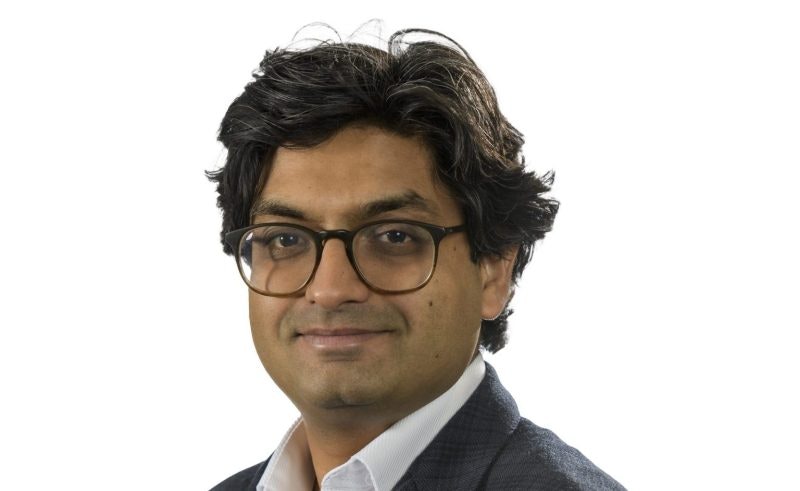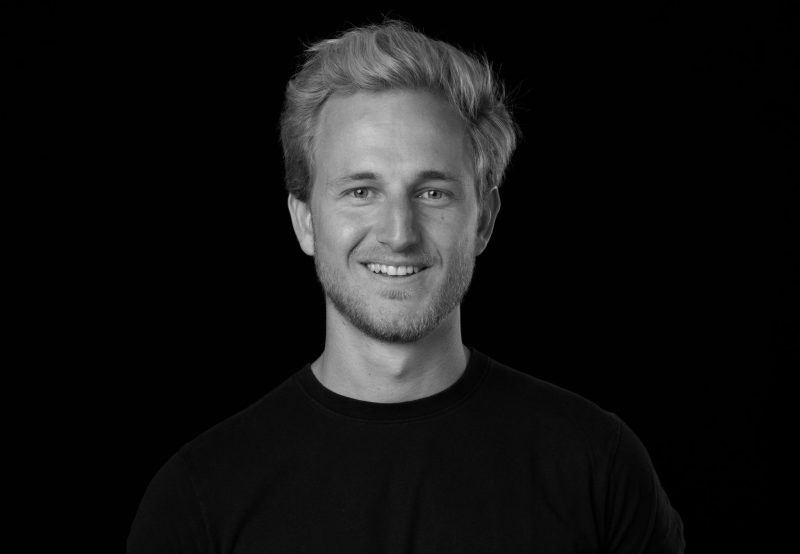In some ways, European healthtech looks in a pretty good place by 2023 standards.
Funding was down, but not as far down as in European tech as a whole, and this year saw nine-figure raises from techbio Apollo Therapeutics, which raised the sector’s biggest of the year with $227m, and medtech robotics companies CMR Surgical and DistalMotion.
Healthtechs in the techbio space in 2023 raised similar figures to the previous year, and medtech funding remained well above any previous year to 2021.
It’s all good stuff — but look a little closer and you’ll notice a glaring absence from the upper echelons of healthtech funding rounds.
Just one digital health startup, digi-physical health platform Patient21, made it into the top 20 biggest healthtech fundraises of 2023 — as VCs drew back from the sub-sector at all stages.
Investor caution will see funding for digital health startups fall to 2018 levels this year.
So what does 2024 have in store for the sector? Sifted asked the experts.
But first, we take a look through the key moments of the past 12 months.
2023 in review
Funding rounds aside, Patient21 points to another trend emerging in 2023: second-generation founders beginning to make waves in healthtech.
Christoph Muhr, Groupon founder and former chief operating officer at car trading platform AUTO1, launched Patient21 in 2019 before eventually emerging from stealth in 2022 and raising €100m in debt and equity this year.
Spotify’s Daniel Ek also raised a €60m Series A round in 2023 for body scanning clinic Neko Health, which officially launched at the start of the year after Sifted revealed its existence three months earlier. Then in December, Sifted broke the news that Gorillas’ Kağan Sümer had raised a $6-8m pre-seed for a health management platform, which will launch in the new year.
But there was one healthtech founder that had a really bad 2023. Babylon’s Ali Parsa saw his scaleup go bust over the summer, less than two years after a botched special purpose acquisition company (SPAC) flotation that left the company with a $300m cash shortfall. Babylon abruptly exited its US business when a rescue merger fell through in August and was left scrambling to sell what was left of its UK business. The pieces of the business Babylon did manage to offload brought in less than $7m — just 0.17% of the $4.2bn Babylon was once worth.
This was also the year that weight loss drugs like Ozempic and Wegovy began to blaze a trail through the startup sector. The market for those treatments is predicted to reach $100bn in the next decade, and investors have started to stump up cash for startups offering the drug.
The topic that has taken most of the headlines in 2023 is generative AI and it has already made a dent in many healthtech startups. Not only as a doctor's assistant when setting diagnoses for patients, as in Danish AI startup Corti’s case, but also in drug development. One startup that has been able to show how GenAI can halve the time for R&D in protein-based drug development is Dutch startup Cradle, which raised a €24m Series A in November.
What will change in 2024
Julia Hawkins, partner at LocalGlobe
LocalGlobe is a London-based VC firm investing in seed to Series A startups across all sectors. Hawkins focuses on healthtech deals.

We’re going to see lots more proactive healthcare startups entering the market in 2024.
People want greater access to information about their health so they can make informed choices and adapt their lives as apps like Zoe show. Yet health systems aren't set up to provide this and, to some extent, venture funding has followed the reactive framework.
This presents an exciting opportunity because there’s space in this misalignment for companies to have a large-scale impact, especially in areas where health systems routinely fail like early detection of serious conditions.
Health systems do this really badly, yet people want to know if they’re seriously ill so it can be treated quickly. Advances in biomarker discovery, biosensors, material science and AI means detection and diagnosis are about to be transformed. Companies that figure out how to do this successfully, in a way that people find easy to use, will become globally important businesses.
Ashish Patel, managing director at Deutsche Numis
Deutsche Numis is an investment bank. Patel advises growth-stage companies on strategic financing.

Over the course of 2024, we expect to see an uptick in the volume and value of healthcare mergers and acquisition (M&A) deals across the VC-backed ecosystem.
One interesting trend we are seeing is several leading VC-backed companies looking at M&A as a tool to bolt on sub-scale competitors, thus acquiring customers, geographical access and products or features in a capital-efficient manner.
As this trend gathers pace, it may help to drive a generational shift by moving the startup healthcare ecosystem from a series of fragmented, single-solution companies to a more mature, multi-product, enterprise-scale environment.
This will hopefully free up talent and capital currently stuck in sub-scale, ‘zombie’ companies, ultimately liberating the resources needed for the next generation of healthcare entrepreneurs to build scale-up companies that can have a real impact.
Johannes Blaschke, principal at Calm/Storm Ventures
Calm/Storm is an Austrian early-stage healthtech-focused VC. It was one of the most active healthtech investors in 2023.

Within the historically slow-to-evolve healthcare landscape, the advent of GenAI presents an unprecedented opportunity to directly jump from outdated legacy systems to cutting-edge technology.
The substantial desire to bridge this gap, coupled with the industry's immense scale and importance, positions healthcare as the number one sector poised to undergo profound transformation through AI.
In 2024, we expect a particular surge in providers’ adoption of AI solutions. Specifically, we envision significant potential for both private and public healthcare clinics to effortlessly automate and streamline non-clinical administrative workflows at scale.
This shift may even hold the potential to reverse the digital health funding slump we have seen in 2023.



